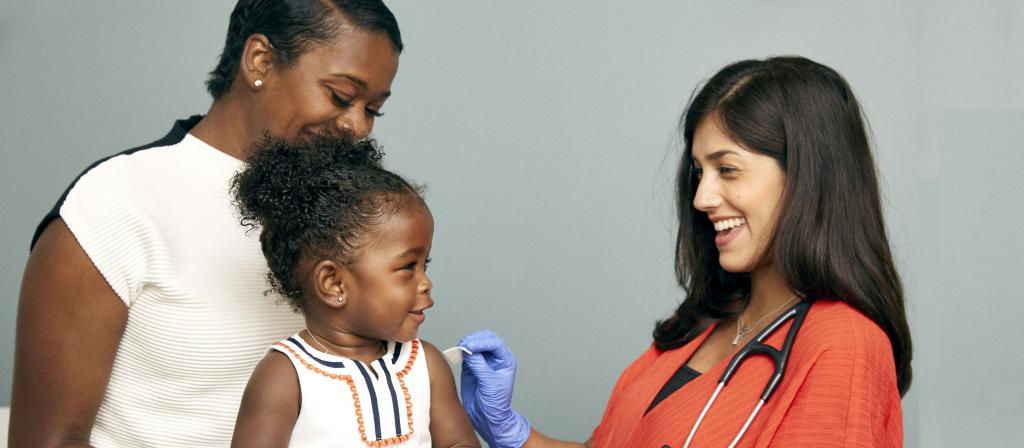During the last months, cases of measles have been spreading significantly around the world despite the availability of an effective and safe vaccine. The World Health Organization (WHO) recently indicated that 182 countries reported 364,808 cases of measles from January 2019 to July 2019. This number represents almost three times the cases of measles recorded during the same period in 2018. Moreover, the first six months of 2019 count a 10-fold increase in the African region, a twofold increase in the European region and a threefold increase in the Western Pacific region. During this first semester, 2019 has witnessed more cases of measles than any year since 2006.
These record-figures show a continuous rise of measles cases globally. Measles is a highly contagious disease which remains an important cause of death for children. While the number of deaths caused by the viral disease have significantly decreased during the last decade, measles outbreaks remain common in multiple countries (the Democratic Republic of the Congo, Thailand, Angola, Cameroon, Kazakhstan, Nigeria, South Sudan, the Philippines, Ukraine, Chad). Major outbreaks are generally related to low vaccination rates but WHO’s report pinpoints that even countries with high national vaccination coverage such as the United States are affected by this measles upsurge. Measles is highly contagious and requires a high level of vaccination coverage (95% of the population) to limit transmission. International travels can also increase the spread of the disease.
Lack of access to affordable, safe and high quality vaccination services represents one of the first barriers to vaccines. Other determinants such as displacement, political conflict and misinformation play a significant role in many disease outbreaks. Even if the measles vaccine has been widely studied, disinformation continues to spread online. The anti-vaccine movement which emerged in the 18th century has discredited multiple vaccines by connecting them to a wide range of negative side effects. These campaigns that are primarily based on distorted statistics and personal stories have continuously generated doubts and increased vaccine hesitancy in society. This trend has rapidly evolved through the Internet and even incited WHO to list ‘the reluctance or refusal to vaccinate despite the availability of vaccines’ as one of ten global health threats in 2019. Misinformation has the power to influence hesitant parents and reverse the progress made in addressing a preventable disease. A recent study explains that digital media (especially YouTube, Facebook and Twitter) has allowed the anti-vaccination movement to grow and amplify its messages without considering scientific knowledge. Because social channels do not have systems of control, false information can easily be shared. Search platforms and algorithms can generate harmful beliefs by favouring unscientific content over proven facts and figures.
This year, many social platforms (YouTube, Pinterest, Facebook and Instagram) have taken action to combat false advertisements and reduce the ranking of anti-vaccine conspiracies in search results. On 4 September 2019, Facebook announced that the vaccine searches and hashtags of the platform will prioritise accurate content produced by public health bodies. Diminishing anti-vaccine propaganda online is an essential step to counter misinformation but publishing more content and scientific evidence on the safety and effectiveness of vaccines is also crucial. Messages and images directly affect the way people perceive vaccines. Vaccination campaigns can display inaccuracies and can portray crying children and oversized syringes. The American Academy of Pediatrics and SELF Magazine recently produced a series of free and accurate images to rebuild trust in immunisation.
Misinformation generated by the anti-vaccination community not only needs to be monitored by online media, but also needs to be corrected through accurate public health messages.
More Information
- New measles surveillance data from WHO
- Measles and Rubella Surveillance Data, WHO
- Ten threats to global health in 2019, WHO
- Immunisation Image Gallery, The American Academy of Pediatrics
- Facebook to direct vaccine searches to public health pages, The Guardian
Picture © Heather Hazzan, SELF Magazine


